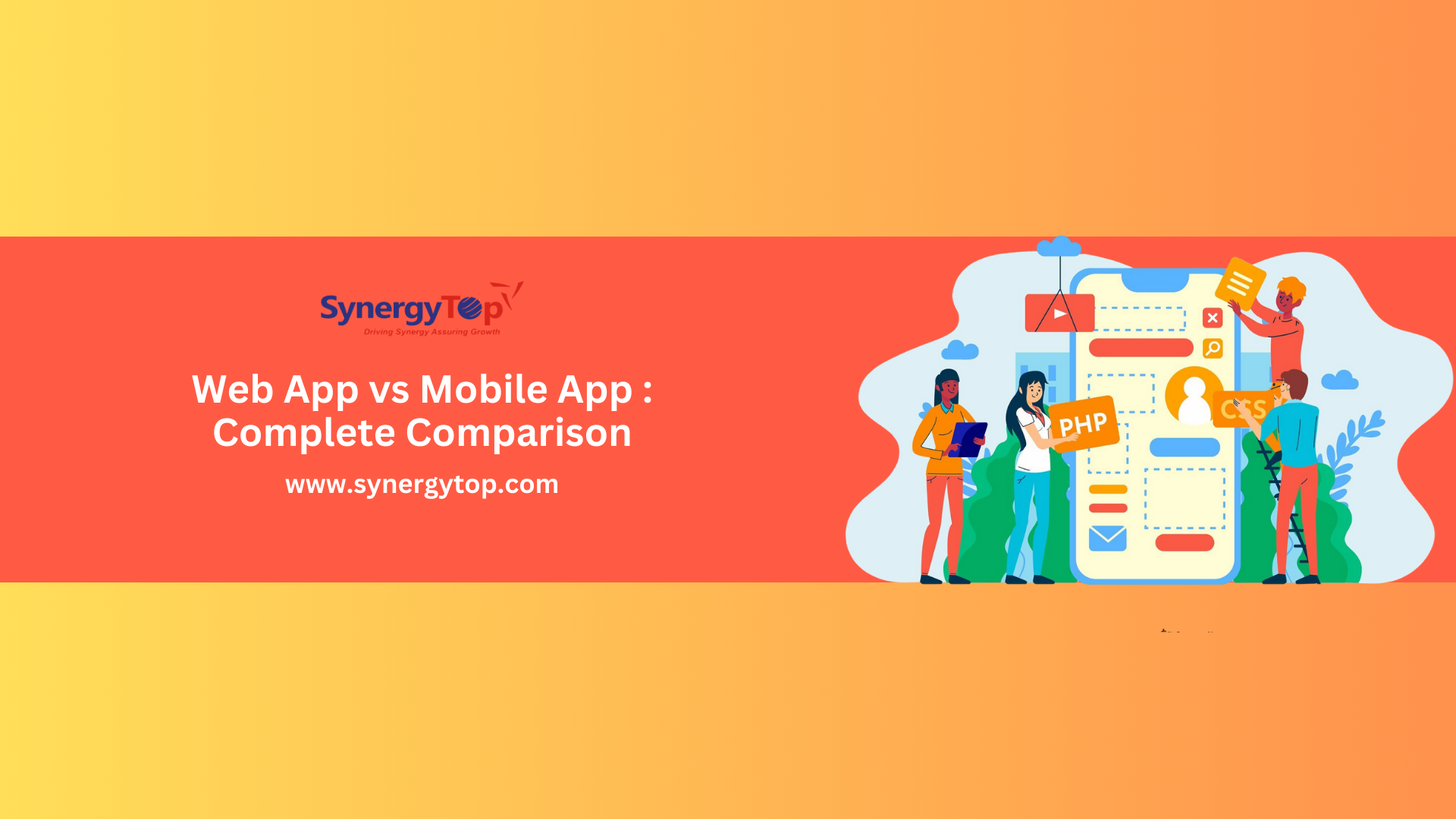In the whirlwind of modern-day living, enterprises need to innovate faster and stay ahead of the competition to succeed.
One simple, actionable (non-blackhat!) way to achieve this? Using low-code and no-code development platforms.
Imagine building an app without writing a single line of code! It sounds impossible, but it’s not. Low-code and no-code platforms are like LEGO blocks that allow businesses to build complex applications with ease. In this blog post, we will explore why low-code and no-code development is the future of enterprise application development.
The Rise of Low-Code and No-Code Platforms
Low-code and no-code platforms have been around for several years now. However, they have gained significant traction in recent years due to their ease of use and cost-effectiveness.
The low-code movement started in the early 2000s when Microsoft introduced its .NET framework. It allowed developers to build applications using drag-and-drop tools.
Since then, several other low-code and no-code platforms have emerged, such as OutSystems, Mendix, and Appian.
And today, low-code and no-code platforms fit perfectly into the enterprise app development landscape.
Enterprises need to move fast and develop applications that cater to changing customer needs. Low-code and no-code platforms allow enterprises to do that. You can build applications faster and for cheaper than traditional development methods.
In fact, some sources suggest:
- Low-code and no-code platforms can reduce development time by 90%.
- 100% of low-code enterprises have received returns on investment from low-code adoption.
- 72% of users could develop applications with low-code/no-code development platforms in 3 months or less.
Thus, these platforms offer a competitive edge, which further has led to the rampant adoption of low-code and no-code development.
And after more than 2 decades of dynamic evolution, here’s what the low-code and no-code application development scene looks like:
- Democratization of app development.
Low-code and no-code platforms empower even non-technical users to build applications. Thus, reducing the burden on IT teams.
- Hybrid development.
Enterprises are increasingly using a combination of low-code and traditional development methods to build applications. - Increased focus on user experience.
Low-code and no-code platforms provide a rich set of pre-built user interface components, enabling enterprises to build applications that are visually appealing and easy to use.
How Low-Code and No-Code Platforms Are The Future Of Enterprise Application
Low-code and no-code platforms offer a range of benefits to enterprises, making them a key component in the future of application development. Let’s take a closer look at how this is made possible.

1. Faster time-to-market
One of the most significant benefits of low-code and no-code development is the ability to reduce the time it takes to bring an application to market.
While traditional development methods tool months to develop and deploy even simple applications, low and no-code application development platforms work at lightening fast speed.
With low-code and no-code platforms, applications can be developed and launched in a matter of weeks. Sometimes even days, depending on the complexity of the project.
Now say you want to develop a mobile app to improve customer engagement. With a low-code platform, you can create a functional prototype of the app in a matter of days. They can then use this prototype to gather feedback from customers and refine the app, ensuring that it meets their needs before launching it on the app store.
2. Lower costs
Another key benefit of low-code and no-code development is the potential to lower development costs.
Traditional development methods often require large teams of developers, designers, and project managers. All of these skilled and expert resources command high salaries. By contrast, low-code and no-code platforms allow smaller teams to develop applications more quickly. Reducing the need for expensive resources.
3. Greater flexibility and agility
Enterprises need to be agile and responsive to stay ahead of the competition today. Low-code and no-code platforms offer the flexibility to quickly iterate on applications, making it easier to adapt to changing market conditions and customer needs.
4. Empowering non-technical users
One of the most significant benefits of low-code and no-code platforms is the ability to empower non-technical users to create their own applications. This can help to break down the barriers between business stakeholders and IT teams, making it easier to collaborate and innovate.
Even studies suggest that IT teams using no-code development platforms have 21% happier business units.
5. Easier collaboration between developers and business stakeholders
By using visual tools and intuitive interfaces, these platforms make it easier for stakeholders to communicate their needs and requirements to developers, reducing the risk of miscommunication and delays.
For example, consider an e-commerce company that wants to create a custom checkout process for its website. With a low-code platform, the company can collaborate with developers to create a custom checkout flow, using visual tools to map out the process and refine it as needed.
Overcoming Common Concerns With Low-code And No-Code Development
Despite the many benefits of low-code and no-code platforms, there are still some concerns surrounding their use. Let’s take a closer look at some of these concerns and how they can be addressed.

Concern 1 – Scalability, Security, and Customization
One of the most common concerns with low-code and no-code platforms is the ability to scale and customize apps. It’s important to ensure that the platform can accommodate a growing number of users and data while also being customizable to meet unique business needs.
To mitigate this issue, it’s essential to select a low-code or no-code platform that offers built-in scalability and customization features. Additionally, partnering with an experienced development team can help ensure that the app is designed with scalability and customization in mind.
Concern 2 – Lack Of Quality
Another concern with low-code and no-code platforms is the perceived risk of compromising quality. Many organizations believe that app development using such platforms may result in lower quality or security issues. However, with the right strategy and approach, this concern can be easily avoided.
To ensure app quality and security, it’s crucial to work with an experienced development team. This team should follow industry best practices and guidelines to ensure that the app meets high-quality standards. Additionally, regular testing and maintenance should be conducted to ensure the app is secure and functioning optimally.
Concern 3 – Need For Expertise
By 2025, 70% of business applications will be developed using low-code and no-code platforms. Does that mean application developers won’t be needed anymore?
No. Although low-code and no-code platforms provide a user-friendly interface, some technical expertise is still required.
This can be a concern for organizations that do not have the in-house technical expertise to develop apps.
To address this concern, partnering with an experienced development team (like SynergyTop!) can help you get started with low-code and no-code development.
At SynergyTop, we provide technical expertise and guidance throughout the app development process, ensuring that the final product is of high quality and meets your business needs.
Getting Started With Low-Code and No-Code Development
Low-code and no-code development platforms are the future of enterprise app development. They provide numerous benefits, which make them a must-have for business.
Despite concerns, low-code and no-code platforms do offer real, practical solutions that will help businesses overcome these concerns.
By partnering with the right experts, businesses can get started with low-code and no-code development the right way and unlock the full potential of these platforms.
At SynergyTop, we have a team of experienced developers who specialize in low-code and no-code platforms.
We have worked with several businesses to develop customized solutions that meet their unique needs.
Contact us today to learn more about how we can help your business leverage the power of low-code and no-code development for achieving your goals.
















